Rat Control of Tucson
Welcome to Rat Control of Tucson! We are Arizona rodent control specialists. Our specialty is rat and mouse control. Our special 32-point process is the single most effective method in the country for permanently solving rodent problems inside houses and buildings. We are not a typical pest control Tucson rodent exterminator company that treats rodents in a similar way to insects, with repeated monthly or quarterly poison treatments. That's a never-ending process. We solve the problem ONCE, and PERMANENTLY, by thoroughly inspecting every component of your building and completely sealing shut all access points, to 100% rodent-proof your house. We physically trap and remove all rats or mice, a process that is completely effective once all access has been closed. The problem is soved forever, usually in a week or less. Click on our Tucson Prices page to find out more about our prices for rat control work. Or give us a call any time to schedule an appointment, usually within the next day. We look forward to hearing from you.
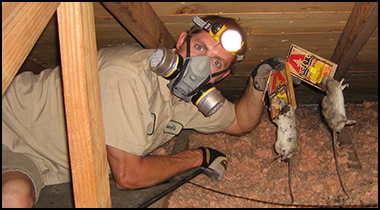
Tucson Rat Trapping

Rodent-Proofing Repairs
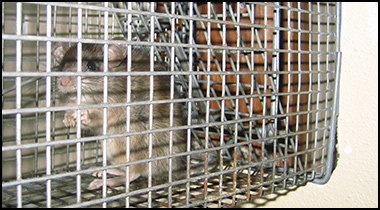
Humane Exclusion Options
Call 24/7 to discuss your rat problem.
Same-day or next-day appointments: 520-208-6179
32-point inspection of your property.
Written estimates for rat project.
Fully Arizona licensed and insured.
Rat-proofing repairs with steel.
100% of rodents trapped and removed.
Chewed wire and damage repair services.
Rat dropping cleanup and sanitation services.
Poison-free rodent control methods.
Our Service Range - 520-208-6179
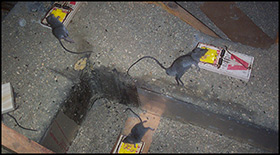
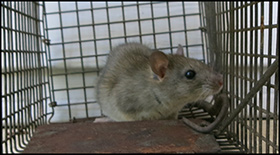
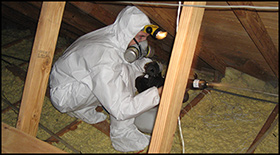
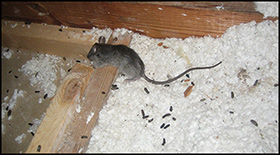
In short, the answer is yes and no. This is a question many people ask only after they stumble across a rat's nest somewhere ominously hidden in their attic. Rats love to mate and they reproduce often. Understanding their tendencies helps give you the upper hand when it comes to eradication.
The first little tidbit of information is about their life cycle. A rat's life cycle depends largely on its surroundings. The average life span of a city rat is between one year and eighteen months. However, wild rats can live between thirty and thirty-six months.
Rats are really great at two things. That is scavenging for food and reproducing. These are natural urges that help to ensure the survival of their species.
Rats and Their Mating Tendencies
Rats always live in large groups with dominant hierarchies. There are dominant males and females. The other rats are submissive. All rats mate but the dominant ones have first rights.
Rats do not recognize incest. They will mate with brothers, sisters, uncles and cousins. An average litter of rats is between eight and ten babies. Gestation is between twenty-one and twenty-six days.
Female rats reach sexual maturity between three and four months of age and they stay sexually active throughout their lives. When the time is right, they have sessions where they mate with multiple partners to ensure pregnancy. A single female can mate as many as five hundred times during one six-hour session.
A single female rat can reproduce as many as fifteen times in a single year. She can produce an average of about one hundred fifty baby rats in a twelve-month period. With each baby reaching sexual maturity in three months-time, it is easy to see how the population can explode.
Are Their Babies?
Now you know that if you see a rat in your attic, there are probably babies somewhere nearby. It is a mathematical certainty. Yes, rats will have a nest of babies in your attic. There will probably be several of them hidden away.
Do not attempt to shoe the rats away, which is often the first instinct. This only scatters them to multiple parts of the attic or your home. It's a bad idea.
You must decide whether you want to address the problem yourself or call a professional with experience. Having a professional handle the issue will ensure that it is properly and permanently resolved. However, it will not be done for free.
You can also resolve the issue yourself with the right equipment and adequate amounts of research. There is a specific process which should be followed to ensure successful eradication.

